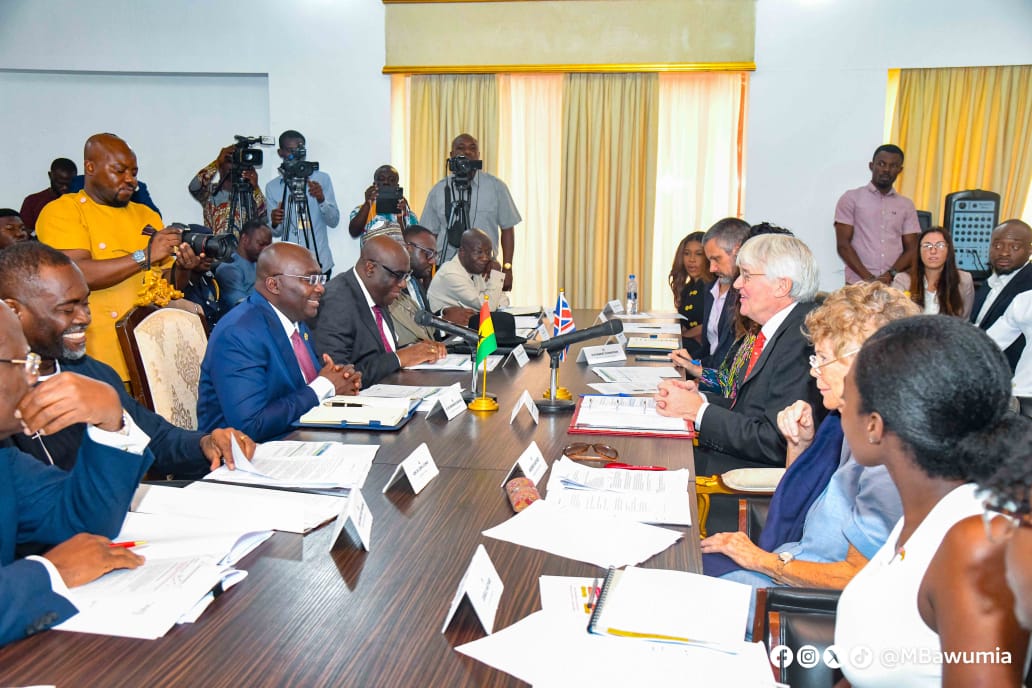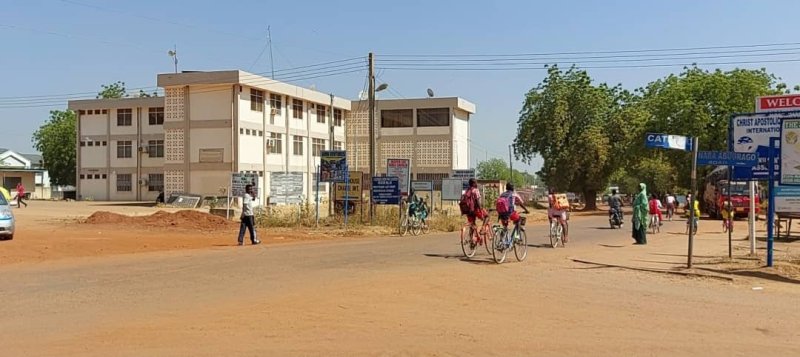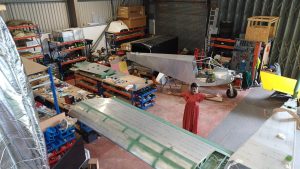
Accra, June 28, GNA - Professor Benjamin J.B Nyarko, the Director-General of the Ghana Atomic Energy Commission (GAEC), has re-echoed the need to close the country’s current poverty gap using science and technology applications at the forefront of agricultural production.
He said the importance of agriculture and the role of science and technology in the country’s development cannot be overemphasised, as it offers wider employment opportunities, and would contribute to real wealth, good morals and happiness of Ghanaians and Africans as a whole.
He said the use of modern technologies has the capacity to transform the agriculture sector and livelihoods of many on the African continent and boost food production to unprecedented levels, if food security issues in the sub-region were to be resolved.
Prof Nyarko re-echoed these facts at a durbar to climax the three-day celebrations of the 2019 Africa Scientific Renaissance Day, and the 30th Anniversary of the African Regional Cooperative Agreement for Research, Development and Training Related to Nuclear Science and Technology (AFRA), in Accra on Friday.
The programme, which was organised the GAEC under the auspices of the Ministry of Environment, Science, Technology and Innovation (MESTI), was on the theme: Transforming Agriculture Towards the “Ghana Beyond Aid Agenda”: The Role of Science, Technology and Innovation.
Prof Nyarko said as part of the year’s celebrations, there would be a Business Forum on the theme: “Adopting Local Science and Technology Solutions for Value Addition to Ghana’s Agro Products,” and also an AFRA-Day Editor’s Forum on the theme: “Planting for Food and Jobs: The Role of Nuclear Technologies,” all in the quest to discuss issues in the entire value chain in the agriculture sector.
“We have the responsibility as professionals in the scientific community to raise awareness and promote the use of modern technologies in the agriculture value chain,” he said, adding GAEC has contributed immensely to the course of using science and technology in agriculture.
He gave examples of some scientific breakthroughs as the development of new species of crops, the use of tissue culture for multiplication of plantlets, shelf life extension using the Gamma Irradiation Facility (GIF), the control of pests and diseases such as the fall army worm, as well as fruit flies using cutting edge research.
Prof Nyarko also acknowledged the impressive application of technology under some special presidential projects such as the “Planting for Food and Jobs” and “Ghana beyond Aid Agenda”, to cultivate large hectares of land to help Ghana attain food sufficiency.
There were solidarity messages from sister institutions including the Environmental Protection Agency (EPA), who called for the strengthening of the interface between science and policy, and urged all Ghanaians to make sustainable environment their responsibility.
The Council for Scientific and Industrial Research (CSIR) said that science and technology is a catalyst for wealth creation and called for more funding for the expansion of work, while the Nuclear Regulatory Authority stressed on the need for scientist to take research to a higher level.
GNA
Read Full Story
























Facebook
Twitter
Pinterest
Instagram
Google+
YouTube
LinkedIn
RSS